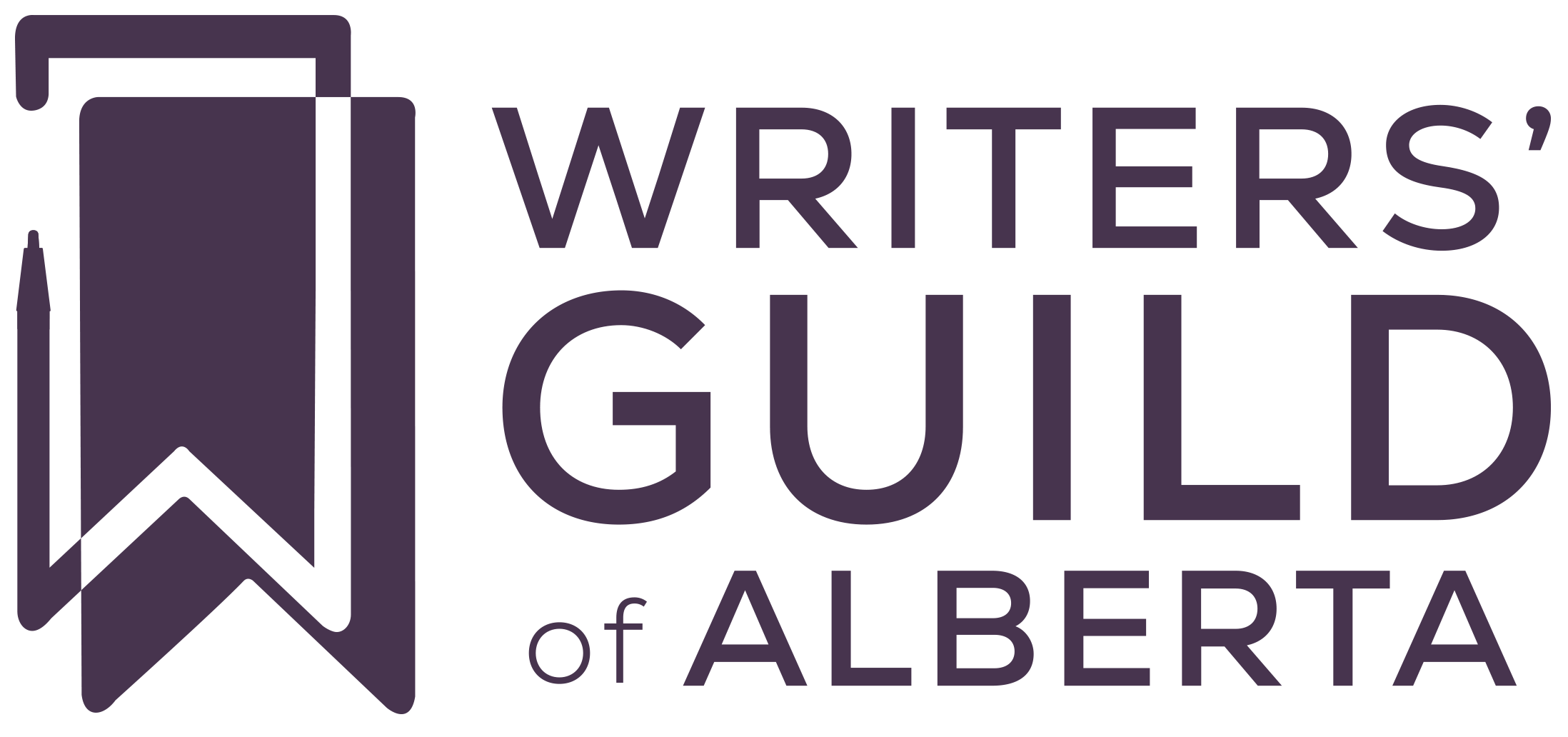Shirley Serviss is a local Edmonton writer, and poet, who works with the University of Alberta Hospital to uplift the spirits of patients through her writing. Through this interview, Shirley sheds light onto the positive benefits that exist when art and writing is integrated into the healthcare system, and the positive effects it can have on patients in their recovery process.
LM: Hi Shirley, after reading a little about how you are involved in the Friends of University Hospitals organization, I wanted to know how you discovered your passion for being involved in both art and health?
SS: I entered the Masters program in Theological Studies after my father died, believing I wanted to become a hospital chaplain. During the four years I took to complete my degree, I continued to write and teach writing and realized that was still my true calling. As 1999 drew to an end, I was divorced, had a daughter to support, a mortgage and no freelance work. An Envisioning Retreat I had attended many years before had revealed that I was teaching and suddenly I began to receive offers to teach, so I participated in another Envisioning Retreat. This time, however, when I cast myself into the future, I saw nothing, just blackness. On about my third visioning of the future, I realized it wasn’t a black hole kind of nothingness, but an opening where anything could happen. I decided I had to keep open to whatever would come along. Shortly after, I received a phone call inviting me to come to the University Hospital for an interview as a Literary Artist on the Wards. I could not have envisioned such a position as I had never heard of such a thing! I was hired, and have been working there ever since on a part-time basis.
LM: What are some of the key benefits of integrating poetry and writing into healthcare?
SS: One of the benefits for me has been that it makes writing poetry more meaningful. When I write a poem for an elderly man to reflect back to him the value of his life and he tells me he has never felt so completely heard and understood, that means more to me than any publication in an obscure literary magazine ever could. When I read a Mary Oliver poem that ends with the line, “What is it you plan to do with your one wild and precious life?” to a man who has just had both legs amputated, and the nurse asks him if he’d be willing to go for physio and he says, “I would have said no, but now I’ll say yes,” I see the benefit. Poetry breaks through barriers and gets to the core of what matters. It expresses things that can’t be said in any other way. People in hospital are incredibly vulnerable and open and poetry speaks to that state of mind. It is a balm, soothing both body and mind.
LM: Through your experience working at a hospital, what is the most fulfilling part of your job?
SS: Writing poems for patients so they know they have been deeply listened to is incredibly fulfilling. Helping a paralyzed man, who has difficulty even speaking, write his life story, or a dying woman write letters to each of her family members to be read after her death is meaningful. Writing New Year’s Resolutions for a patient who was suicidal, making him sign them, and having him tell me later I had saved his life, convinced me of the power of words.
Throughout this interview, I have been inspired by Shirley’s passion for her work, and all the stories she has shared about patients lives being impacted by the poetry she shares with them. Even through the hardships she has faced, she continues to put her love of writing towards those needing positivity in the hospital. I have gained insight into how important poetry can be in times of need, and how lives can be positively affected by it.
